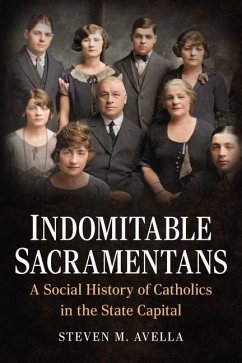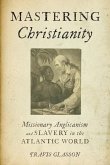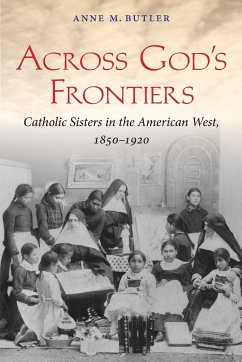History often focuses on people of prominence--political, social, and economic leaders. However, the role of "ordinary people" often gets neglected. Sacramento has had many "hidden figures" in its past. These were the people who did the work, paid the expenses, and performed works of charity--and have often gone unheralded. Their story needs to be unearthed and told in order to provide a richer and more accurate account of the past. This book uses the Catholic Church as a case study of this dynamic. Catholicism is a hierarchical religion and much of its written history focuses heavily on the leadership of bishops, priests, and sisters. This book examines the role of lay people as important actors in the development and expansion of this religious body. This is Sacramento history "from the bottom up." These are the "hidden figures" behind the public face of a community which represents a significant demographic in the city, as well as an important contributor to the use of urban space, education, social service, and health care.







